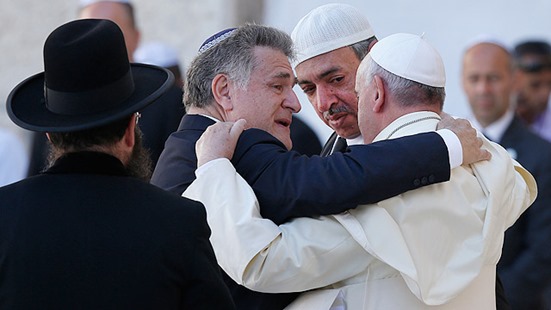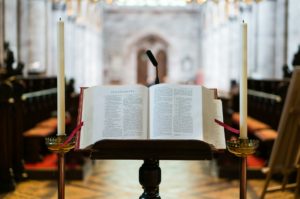Assisi is the small town where Francis of Assisi (1181- 1226) lived most of his life and is now a destination for thousands of pilgrims every year. Assisi is also the place where in 1986 Pope John Paul II convened a prayer meeting for peace where different religious leaders came together to pray, each one in his own way and to his own G/god(s). This inter-religious prayer initiative raised some concerns within the Catholic Church as well as outside of it. Was it an endorsement of religious universalism? Was it a way to downplay the exclusive claims of the Gospel? Did it give the impression that all religions are equal? What kind of theology supported that inter-faith and multi-religious prayer? Although Pope Benedict tried to address some of these issues, this debate continues.
Now Pope Francis has entered the debate in a most unpredictable way. During his recent visit to the Holy Land he invited the Israeli President Shimon Peres and the Palestinian leader Mahmoud Abbas to pray for peace in the region (June 8th). In a way this was a mini-Assisi type of event.
The Power of Symbols and the Inherent Confusion
The prayer took place in the Vatican, but the scene was very similar to what happened in Assisi. The Pope (dressed in his usual white robes) sat at the center of a semi-circle, with the Israeli and Palestinian delegations (all dressed in dark black suits) at his right and left hand sides. St. Peter’s cupola overshadowed them all. It was the same setting of Assisi with the Pope being recognized as the “center” of inter-faith dialogue and presiding over inter-religious prayers. In their short speeches both Peres and Abbas readily praised the strategic leadership of the Pope in bringing reconciliation. All the symbols present strongly supported the view that the Papacy is a key institution in bringing the whole of humanity together.
Click here for the remainder of Dr. Leonardo De Chirico’s article:





